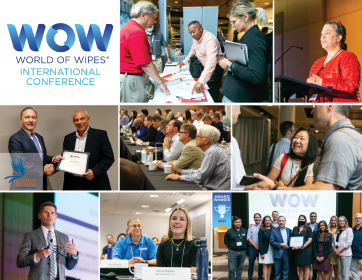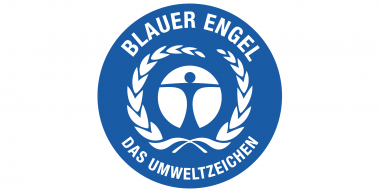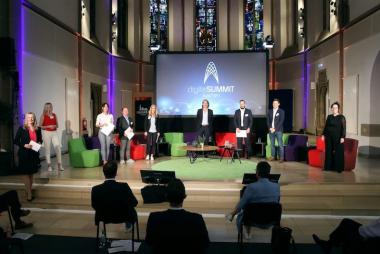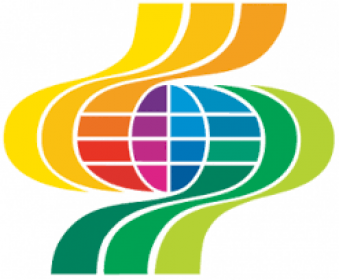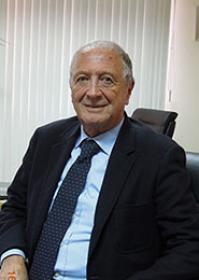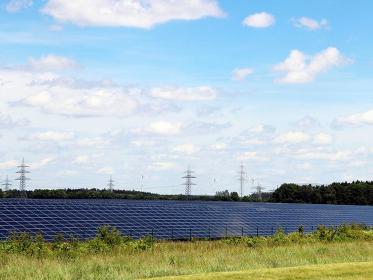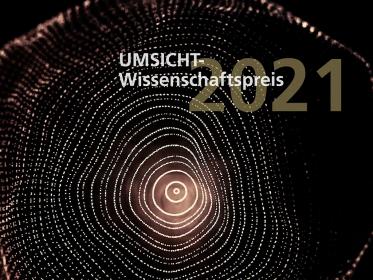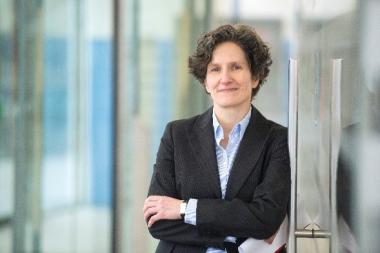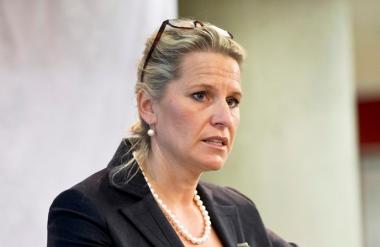INDA: World of Wipes® Conference attracts Professionals Live and In-Person
INDA, the Association of the Nonwoven Fabrics Industry, wrapped up its 15th annual World of Wipes® International Conference, July 12-15, with a presentation of the World of Wipes Innovation Award® to Kimberly-Clark Corporation and the highest attendance record in six years.
This year’s WOW conference welcomed 475 enthusiastic professionals from 14 countries to its in-person World of Wipes® (WOW) International Conference to advance their wipes business. Held in Atlanta, GA, the conference was notable as the first in-person conference in the nonwovens and engineered fabrics industry in 500 days due to the pandemic.
Industry professionals from 33 global companies delivered presentations and answered questions in sessions that included Wipes and the Growing Plastics Debate, Regulatory Requirements for Disinfecting and Sanitizing Wipes, Trends in the Wipes Markets and Among Consumers, Wet Wipe Preservative Innovations, Covid-19 Impacts on Wipes Consumption and Cleaning Habits, Sustainable Wipes Packaging and Dispensing, Nonwoven Substrates for More Sustainable Wipes, and Flushable Wipes: Loved by Consumers, Wrongly Accused by Utilities.
Highlights included the announcement of Kimberly-Clark Scott® 24-Hour Sanitizing Wipes as the winner of this year’s World of Wipes Innovation Award®. The annual award recognizes the product that most expands the use of nonwovens and demonstrates creativity, novelty, uniqueness, and technical sophistication within the entire nonwovens wipes value chain.
Other highlights included the presentation of the 2021 INDA Lifetime Technical Achievement Award to John Poccia. The annual award is nominated by INDA’s Technical Advisory Board and presented to an individual whose technical achievements over a long-standing career have significantly contributed to the technical advancement, success, and growth of the nonwovens industry.
Other presentation highlights included:
- Recent Developments Under the EU Green Deal and Plastics Strategy – Pandemic Update – Gyongyi David, Attorney at Law, V V G B Advocaten-Avocats, Director- EHS Regulatory, Steptoe & Johnson LLP
- FDA & EPA Framework of Regulations: Dry Wipes Claims – Tony Herber, Principal Regulatory Consultant/Assistant Federal Team Manager, Scientific & Regulatory Consultants, Inc. (SRC. Inc.)
- Consumer Wipes Usage During Covid-19 and Future Use – Chris Dresselhuys, Business Director-North American Retail Wipes, Rockline Industries
- Sustainable Solutions for Wipes – Vishal Bansai, Vice President, Innovation, and Silke Brand-Kirsch, VP, Marketing and Business Development, Glatfelter Gernsbach GmbH
- Sustainability Impacts Across the Value Chain of Wipes Packaging – Vicky Chang, Marketing Manager, Consumer & Industrial Products, Amcor Flexibles
- Unveiling Wet Wipes Preservation: New Findings on Microbial Risks and Preservative Solution – Paul Salama, Ph.D., CTO& Head of Innovation, Sharon Laboratories


